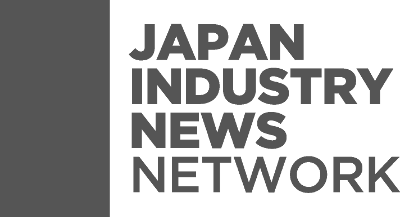The fifth and sixth rounds of the EV category in the All-Japan Kart Championship, featuring one-make tire supply by Sumitomo…...
sustainability
Sumitomo Riko Launches Operations at New Chemical Products Plant
Sumitomo Riko held an inauguration ceremony for its new chemical products plant at the Komaki Plant in Komaki City, Aichi…...
Sumitomo Rubber Introduces Circular Carbon Black in Racing Tires
Sumitomo Rubber has announced the adoption of circular carbon black in some of its racing tires, marking a significant step…...
Zeon Begins Construction of Japanese Pilot Plant to Produce Butadiene from Bio-Based Ethanol
Zeon Corporation has begun construction of a pilot facility at its Tokuyama Plant in Shunan City, Yamaguchi Prefecture, to demonstrate…...
ENEOS and Mitsubishi Chemical Complete Chemical Recycling Facility for Plastic-to-Oil Conversion
ENEOS and Mitsubishi Chemical have completed the construction of a chemical recycling facility at Mitsubishi Chemical’s Ibaraki Plant in Kamisu…...
Denka Earns A-Rank in Fluorocarbon Measures Rating for Fourth Consecutive Year
Denka has achieved the highest A-rank rating for the fourth consecutive year in the Japan Refrigerant and Environment Conservation Organization’s…...

